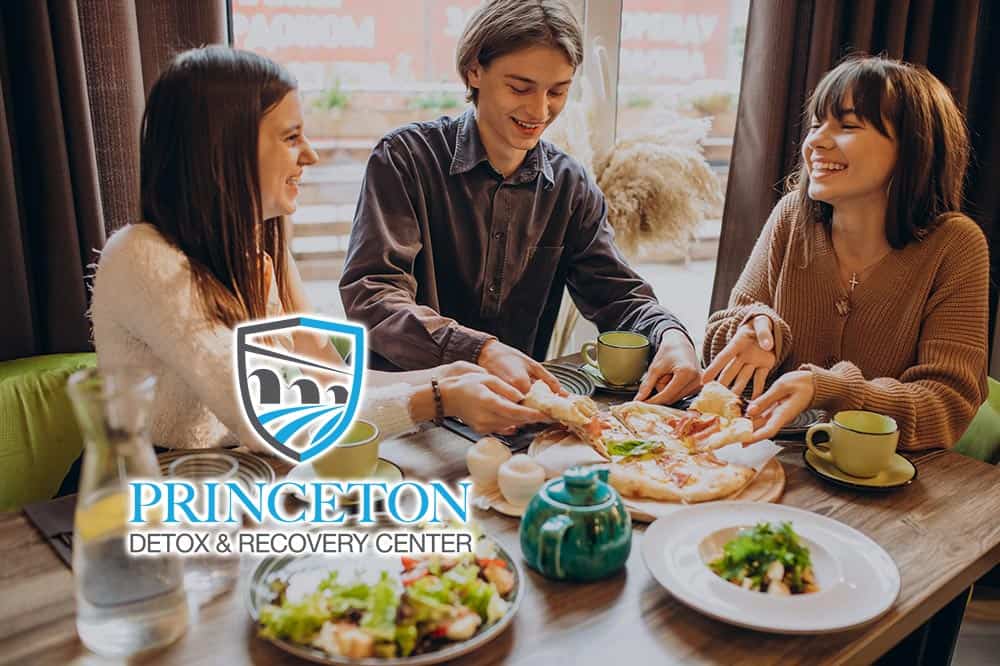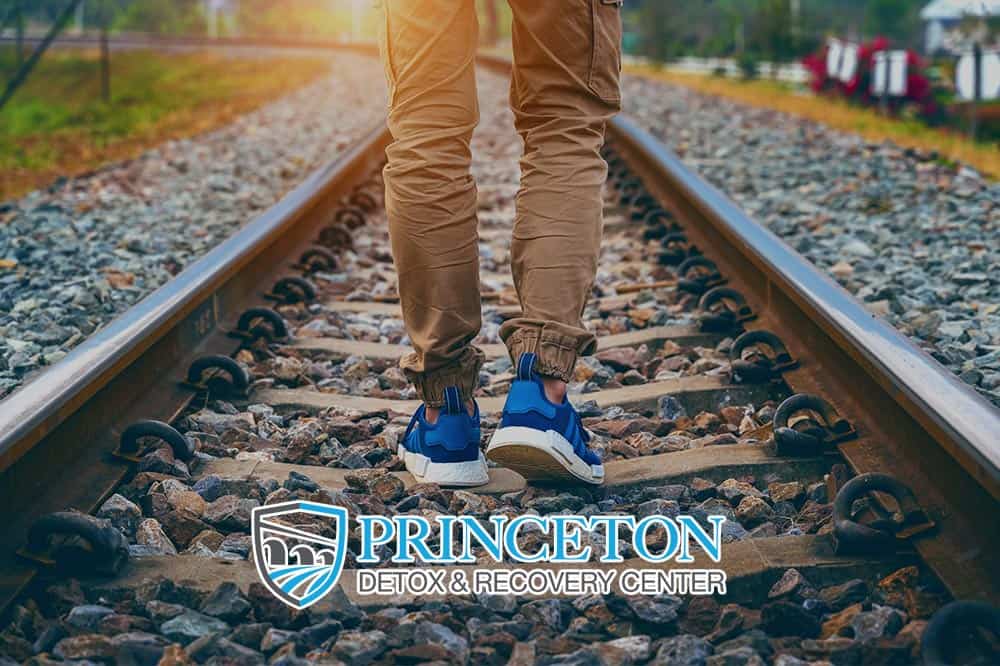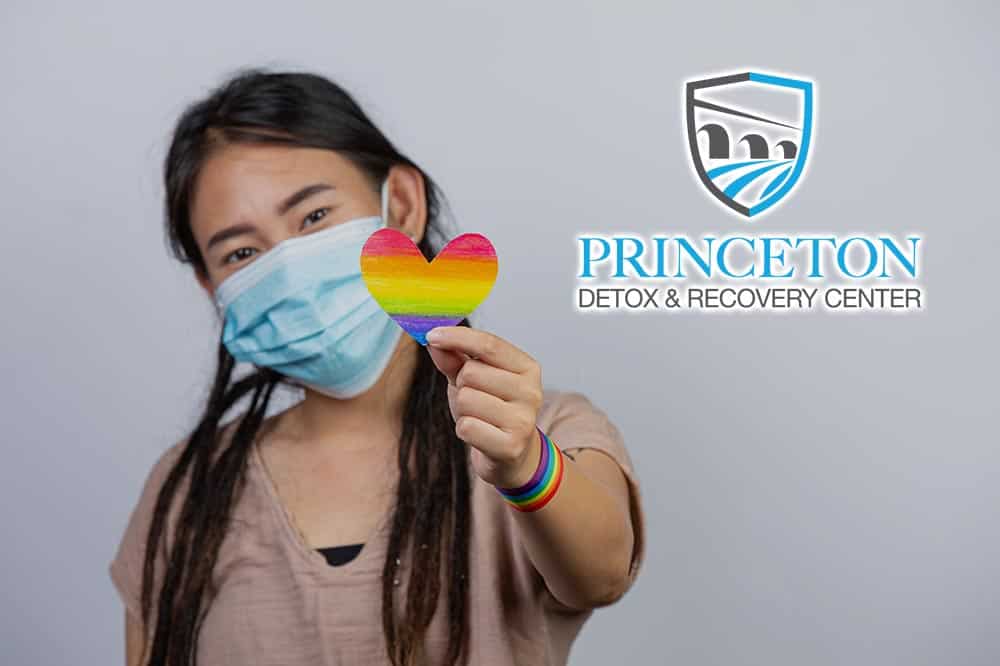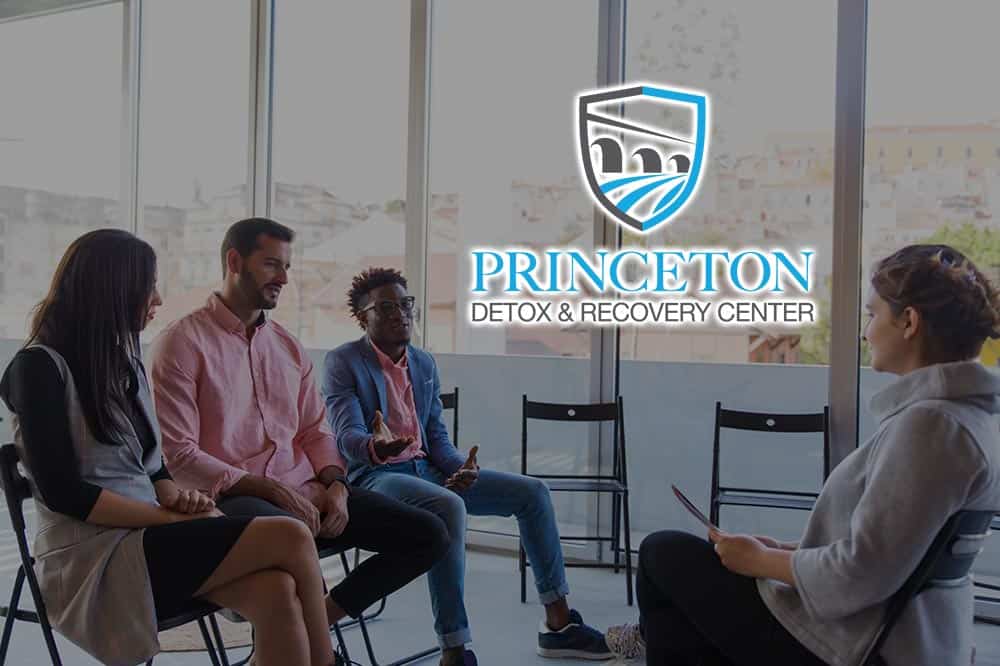Attitudes about people amid substance abuse recovery have changed over time. It used to be thought that having a substance addiction should be seen as shameful or even disgraceful.
People used to think that it was simple for people to just stop using – that if you were addicted to alcohol or drugs, you could easily make the obvious decision to call it quits.
Science helps in understanding
The more we know about addiction the better able we are to understand it and treat it. Ongoing scientific research has shown that addiction is a treatable disease. Evidence shows that people can stop abusing drugs and return to normal life with sufficient treatment.
Although addiction is not something that can be cured, people can learn to manage its effects on their behavior and on their brain function.
Addiction is pervasive
Obtaining drugs, taking them, and ultimately experiencing their effects is fundamentally what drives an addict. The process can be all-consuming, even in cases where the user is what’s known as “high functioning”. Although these people can make it through each day’s tasks, drugs and/or alcohol are a basic part of their everyday lives in much the same way as some people “need” coffee before they get going in the morning – it’s simply part of their routine. Multiply this behavior or desire and you will begin to have an idea of what an addict’s day can feel like.
How does addiction treatment work?
Usually, treatment consists of a combination of several types of therapy. In some circumstances, like in cases of heroin addiction, addicts usually require the assistance of alternative medications to help them with the effects of withdrawal. These medications, where available, are added to behavioral therapies to help the addict overcome the physiological effects of the withdrawal.
It is generally the combination of medical and psychological therapies that have been proven to be most effective, but it is imperative that the two be tailored to the individual’s circumstances and needs to achieve the maximum benefit.
Treatment types
Quitting the use of the substance is only one part of a successful treatment. Understanding how and why it has affected the user’s life is just as important to successful recovery as detoxing from the substance itself.
Addicts learn to deal with their “triggers” – what triggers them to want to use. With help, they learn strategies to avoid the triggers and how to deal with other demanding situations. Family therapy may also be available for family members living with an addict under a certain age.
Whether therapy takes place in individual sessions or in a group will depend on the individual’s wants and needs. Regardless, trained therapists will work with the addict and their special set of circumstances to help them through their journey.
Ready To Begin Your Detox?
Don’t let addiction control your life.
Call us today and let’s get you started on the path to a better you.
Addiction relapses
Another deep-seated prejudice is that a relapse is a breakdown in the addict’s overall willpower. In fact, the nature of addiction actually means that a relapse is likely – it’s part of the chronic nature of the disease.
Relapse rates in addicts are similar to those of other chronic diseases like diabetes, hypertension and asthma. These too are diseases with both physiological and behavioral components to them. As science has found that there are similarities between addiction and other diseases, broader acceptance of the nature of addiction has brought about a much-needed change in attitude.
Abstinence
Trying to manage a substance addiction by simply abstaining from it requires an inordinate amount of self-control from any individual. But abstinence can be very effective; if you have not used your substance of choice for more than 5 years, the likelihood of a lapse drops to 14%.
But getting to this point is extremely hard, and you’ll likely still need professional help of one sort or another. Users who have become dependent on the drugs or alcohol will find abstinence even harder to manage without professional support.
Abstinence may be effective in the initial stages of addiction if the user really wants to stop using. But after prolonged usage, when the drug has affected change in the brain, a user will need professional help to successfully sustain recovery.

Reviewed for accuracy by:
Amanda Hilzer M.Ed, CAADC, IADAC, ICCS, LCADC, CCS
Amanda graduated from Lehigh University with both an undergraduate degree in Psychology and a Master’s of Education degree in Counseling Psychology and has worked in the field of substance use disorder treatment and mental health treatment as a counselor and as a clinical manager for over 14 years.

































